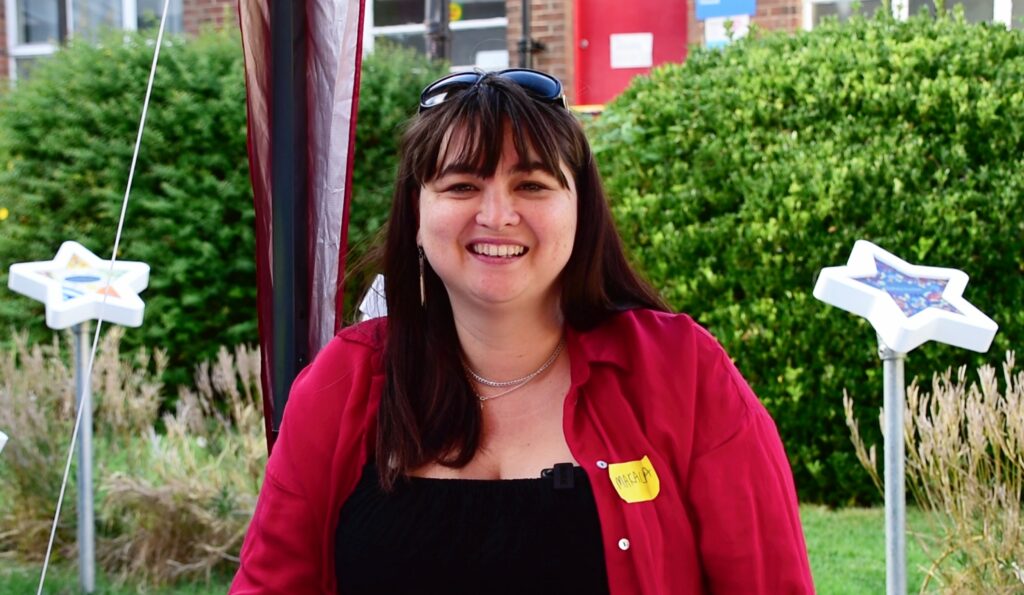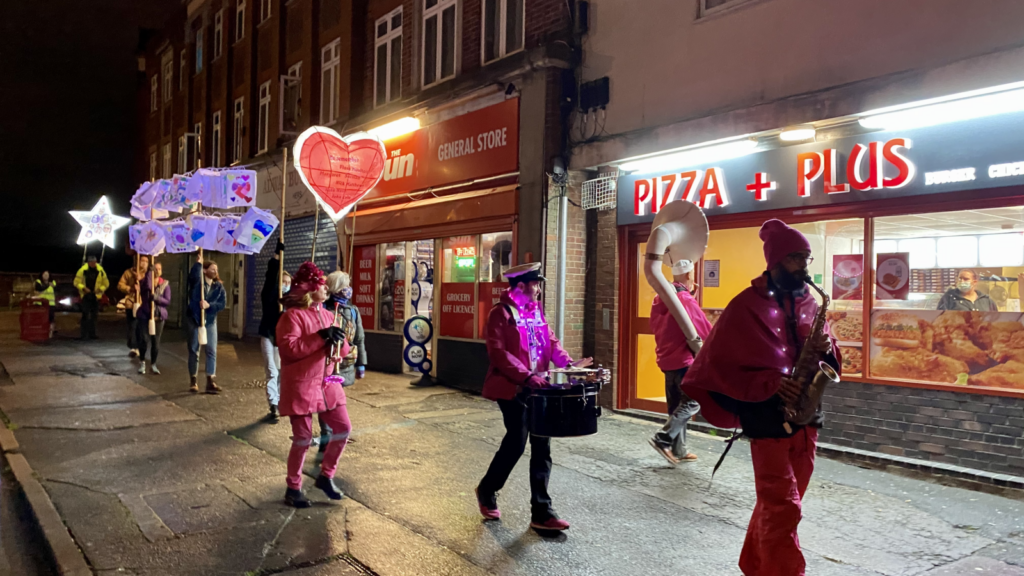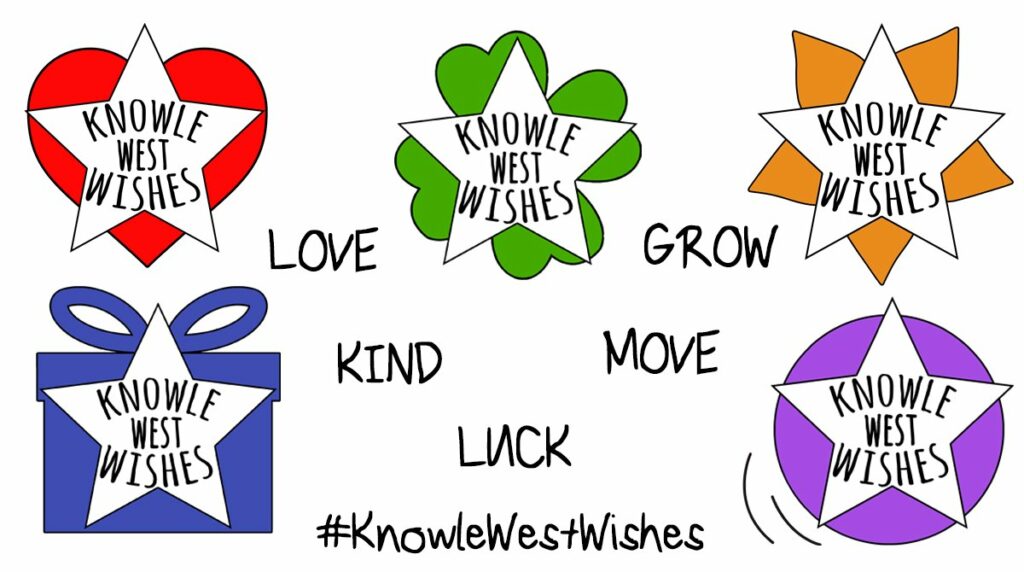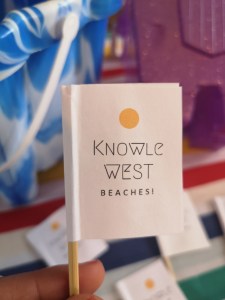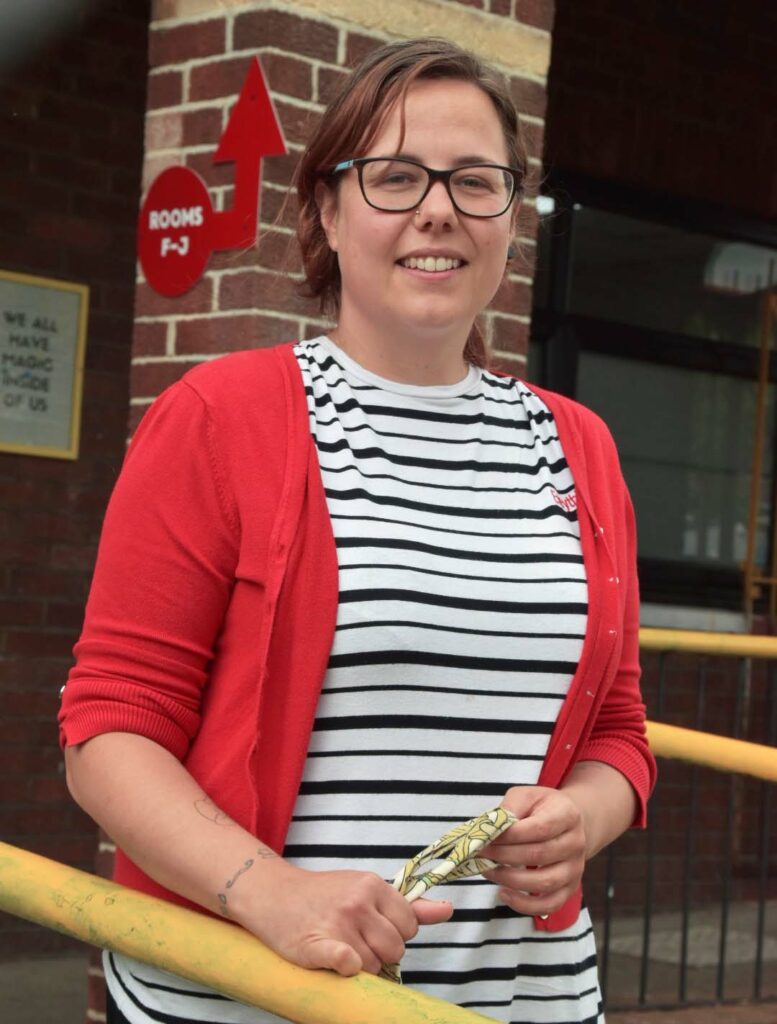The Joy of Filwood Fantastic
Sharing the wealth: how flexible small grants supported creative local residents to spread joy in Knowle West
Creative Civic Change (CCC) is a new approach to funding, using arts and creativity to make positive local change. Continuing our series exploring creative community responses to COVID-19, we spoke to Makala Cheung, project lead for Filwood Fantastic in Knowle West, Bristol, whose small grants programme has supported creative local people to spread joy through creativity.
We’re open to any ideas… about joy, creativity, wellbeing.
This was the invitation that Filwood Fantastic issued to the community of Knowle West early on the pandemic. The idea was simple: put more money in the hands of local people to spread some joy around the neighbourhood.
This wasn’t a new idea, as Filwood Fantastic had already created a small grants programme with part of their CCC funding, working with partner Knowle West Alliance.
However, the onset of Covid-19 forced the project group, comprised of local residents, to re-think how to make this funding even more accessible. This was particularly important as the economic impact of the pandemic started to be felt, especially in the cultural sector.
The first round of small grant funding, completed prior to the pandemic, could be accessed by filling out a simple form with support from project staff. Applications were assessed by a community panel and successful applicants invited to a pitch event, held at a local social club.
This funding was only available to groups, had a fixed deadline for applications and could only be for a fixed amount of cash.
In order to make this funding even more accessible in periods of ‘strong’ lockdown, a more open process was devised – no deadlines, no fixed amount, and open to individuals as well as groups. Instead of using a form to apply, Filwood invited people to simply come and have a chat about their idea, spreading the word through various Zoom events, socials and word of mouth.
As the lockdown eased, Filwood Fantastic moved back to the online form and an online pitch event. The key was to be flexible and responsive to the changing circumstances of the pandemic.
One of the factors that made this process so effective is how quickly the project was able to spread the word about the grants scheme. Project lead Makala told us:
I think social media just really helps because you spot things that you might not have heard of, you hear through the grapevine a lot quicker.”
Filwood’s grapevine reaches deep into the community, thanks to the project team investing significant time in building long term relationships.
The grants scheme works in partnership with Knowle West Alliance – a local network consisting of residents and founding partners Knowle West Health Park, Knowle West Media Centre, Filwood Community Centre, the Park, and Re:work, a social enterprise training young people. Local business and ‘allies’ have also helped to spread the word.
The project team – who all work part time – are also constantly on the lookout for local people and projects to support, as Makala told us:
We’re all like one day, half day, three hours. None of us has this as our full-time job. But also, because we have our fingers in other pies, we’ve all got our eyes out.”
This proactive attitude has had a big impact on local artist Claudia Collins.
Makala and Claudia connected at a virtual meetup for local creatives in the very first lockdown, and Makala immediately recognised that Claudia needed support and a boost to her confidence:
She had really great ideas and I wanted to support her, to help make it happen. So I just went back and I checked permissions, chatted to the project group. And I was like, yeah, we’re going to support this.”
Claudia reflects on how Covid-19 had:
Given me confidence to do things I wouldn’t have otherwise done. So, I spoke up in this [creatives] group and talked about my project idea. And then that was when Makala contacted me. We spoke on the phone straight away and sort of got it rolling quickly.”
The project, Knowle West Beaches, brought the beach to the streets of Knowle West. Families out on their daily walks could go ‘sandcastle spotting’ on local streets – many of which are named after well-known English coastal resorts – bringing smiles to people’s faces and helping to spread a bit of joy around the neighbourhood.
The project caught the attention of the Bristol media too, bringing some positive press to an area that is often portrayed quite negatively. For Claudia, this project has led to a further commission, and she is now working as Creative Community Engagement lead with Filwood Fantastic.
Photos by Claudia
Similarly, when Makala heard about a local artist who had created a small-scale kindness project in one part of Knowle West, she messaged him on Facebook to explore what else he might do with more funding.
The result was a trail of positive messages chosen by local residents. The artist Julian Wood commented:
I was so happy to create the work… people use the Northern Slopes from day to day and having my anonymous messages of kindness lifts people’s spirits, and engages with young, old and all ages in between! The phrases were chosen by local residents, and include ‘You’re Gert Lush’ and ‘You’re doing really well’. The idea is that everyone passing can relate to the words.”
Photos by Julian
The grants scheme also supported local community groups to spread joy throughout their area.
The Gardening Friends of Filwood repaired and created new planters for Filwood Broadway. Knit and Natter provided knitting kits to local residents to knit items for others in need. Inns Court Residents Group collected all the rubbish around their community centre, making a welcome sign out of the recycled rubbish and encouraging people not to litter.
Did making the small grants more flexible help the community? Makala’s answer is a resounding yes. The programme has supported 23 projects since its inception, and a further 23 local artists as part of the 2020 Knowle West fest, an annual community festival that was taken online in 2020. Makala told us:
I’m most proud of the fact that I’ve made it easy for local people to access money because I know that can be really hard. Whether they’re artists, a resident’s group, whether that’s people having opportunity for materials or short contracts/jobs.”
Short term the funding provided an economic and supportive lifeline to local creatives, but it has also exposed a deeper issue – a gap in early career funding and support for local creatives and community groups.
Makala reflected that there is more to be done to invest in residents, creatives and communities:
We’ve learned the power of, like, investing in people, whether that’s your time, your support, money, and relationships. Just how important relationships are – in all different ways, partnership, residents, volunteers, family. And supporting people to just achieve their dreams and spread joy.”
It isn’t just about giving them money to do a project. But it’s something around these micro grants and empowering people with just little seeds and sparks. Maybe there’s a bit of capacity to offer them some support and to help them with the next step. I just feel like, no one really does that. There’s loads of small projects that just never get that far, because of the barriers.”
Makala thinks that the pandemic has in many ways offered opportunities for more pragmatic and responsive decision-making. One of the key challenges as the world emerges from lockdown is: how can we retain that flexibility?
These sorts of questions are now being asked at a more strategic level. In March 2021, Local Trust had a series of conversations with CCC areas about the process of applying for funding, which highlighted the importance of simplicity, flexibility and support in funding processes.
These initial conversations have evolved into a programme of collective action, with the CCC areas exploring ways to collectively imagine, articulate and ultimately influence the funding of the future.
About the authors
This blog is part of our series on Creative Civic Change responses to COVID-19. It was written by CCC evaluators Anousheh Haghdadi (Beatfreeks) with Sarah Boiling and Amanda Smethurst, as part of the second CCC learning report, Growing Through the Storm.
Compiled and edited by Khadijah Carberry (CCC Intern, 2021).
Photo credits: Claudia, Julian, Filwood Fantastic and Khadijah.

